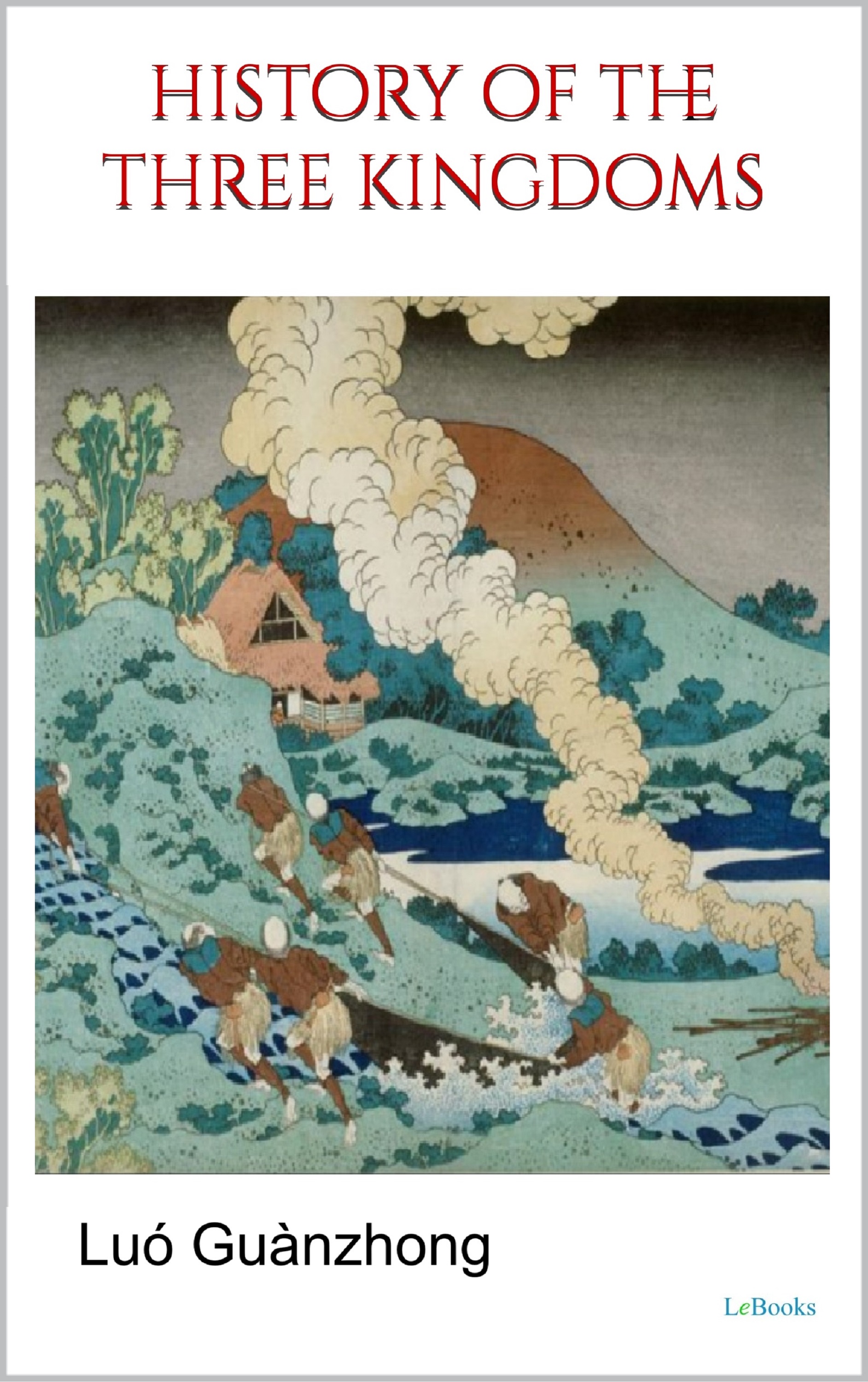
History of the Three Kingdoms is a monumental work that delves into themes of loyalty, ambition, and the intricate dynamics of human relationships against the backdrop of war and political strife. Luo Guanzhong offers a vivid portrayal of the waning Han dynasty, depicting a world where alliances are fleeting, and individuals often prioritize personal gain over collective good. Through the tales of characters like Liu Bei, Cao Cao, and Sun Quan, the novel explores the complexities of leadership and the moral dilemmas inherent in the pursuit of power.
Since its publication, Three Kingdoms has been celebrated as a cornerstone of Chinese literature, renowned for its intricate narrative and profound philosophical insights. The novel has inspired numerous adaptations across different media, including films, television series, and video games, cementing its legacy in global culture. Characters like Zhuge Liang and Guan Yu have become iconic symbols of wisdom and loyalty, contributing to their enduring relevance in discussions of heroism and ethics.
The work remains significant today due to its exploration of timeless human struggles, such as betrayal, sacrifice, and the quest for justice. By examining the delicate balance between personal ambition and societal responsibility, Three Kingdoms offers insights that resonate far beyond its historical setting, providing lessons on leadership, strategy, and morality that are still relevant in contemporary society.